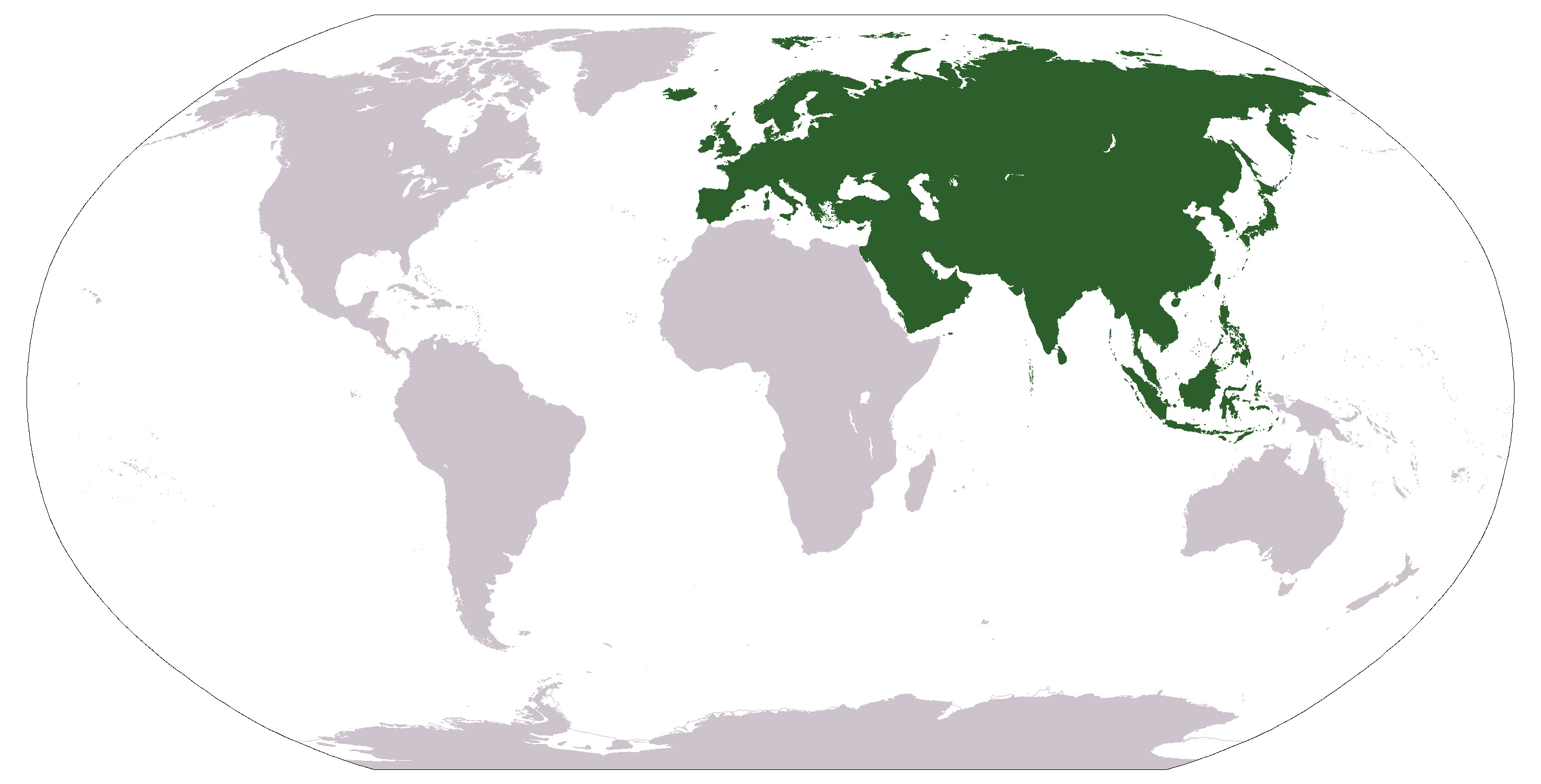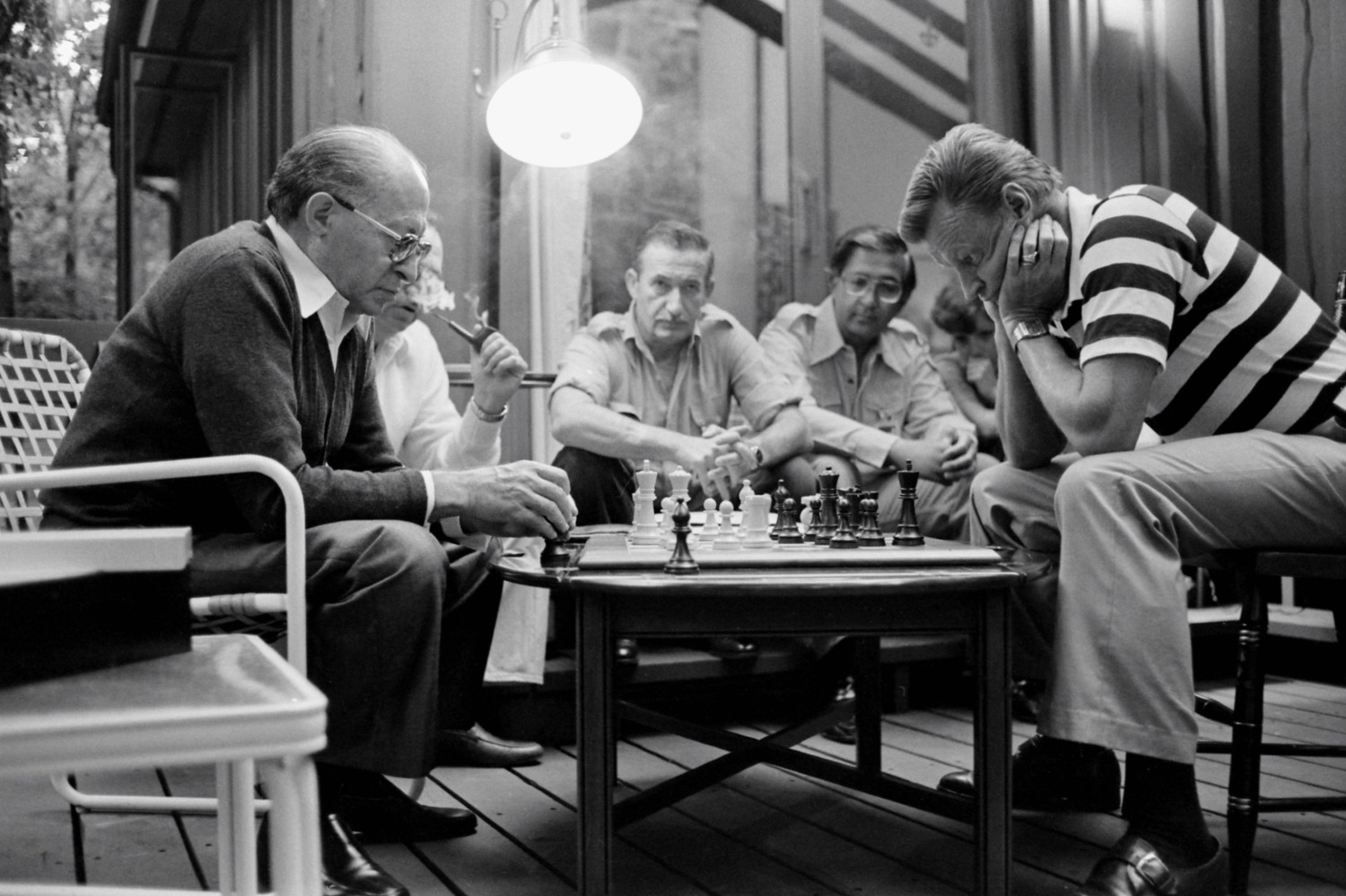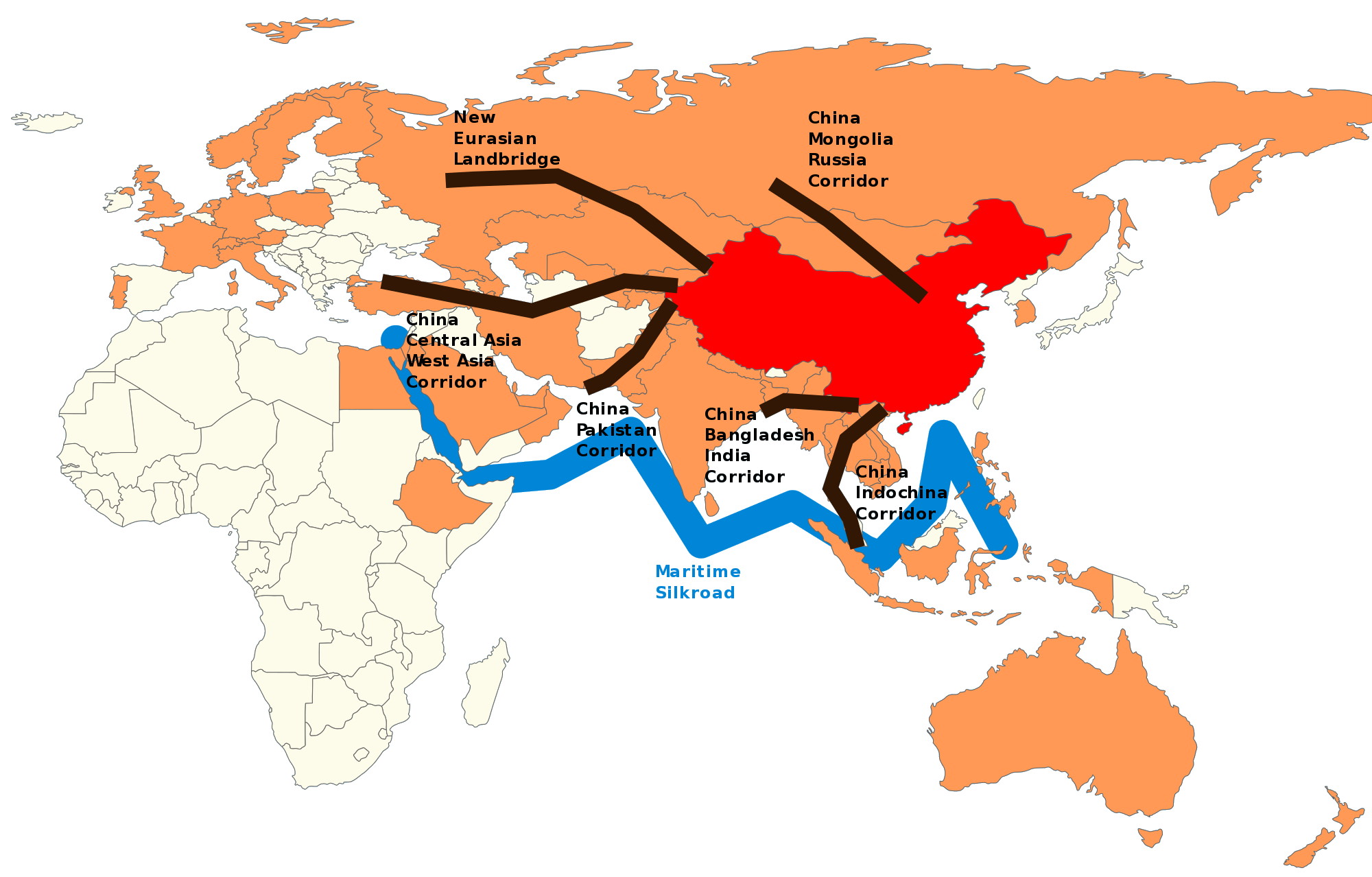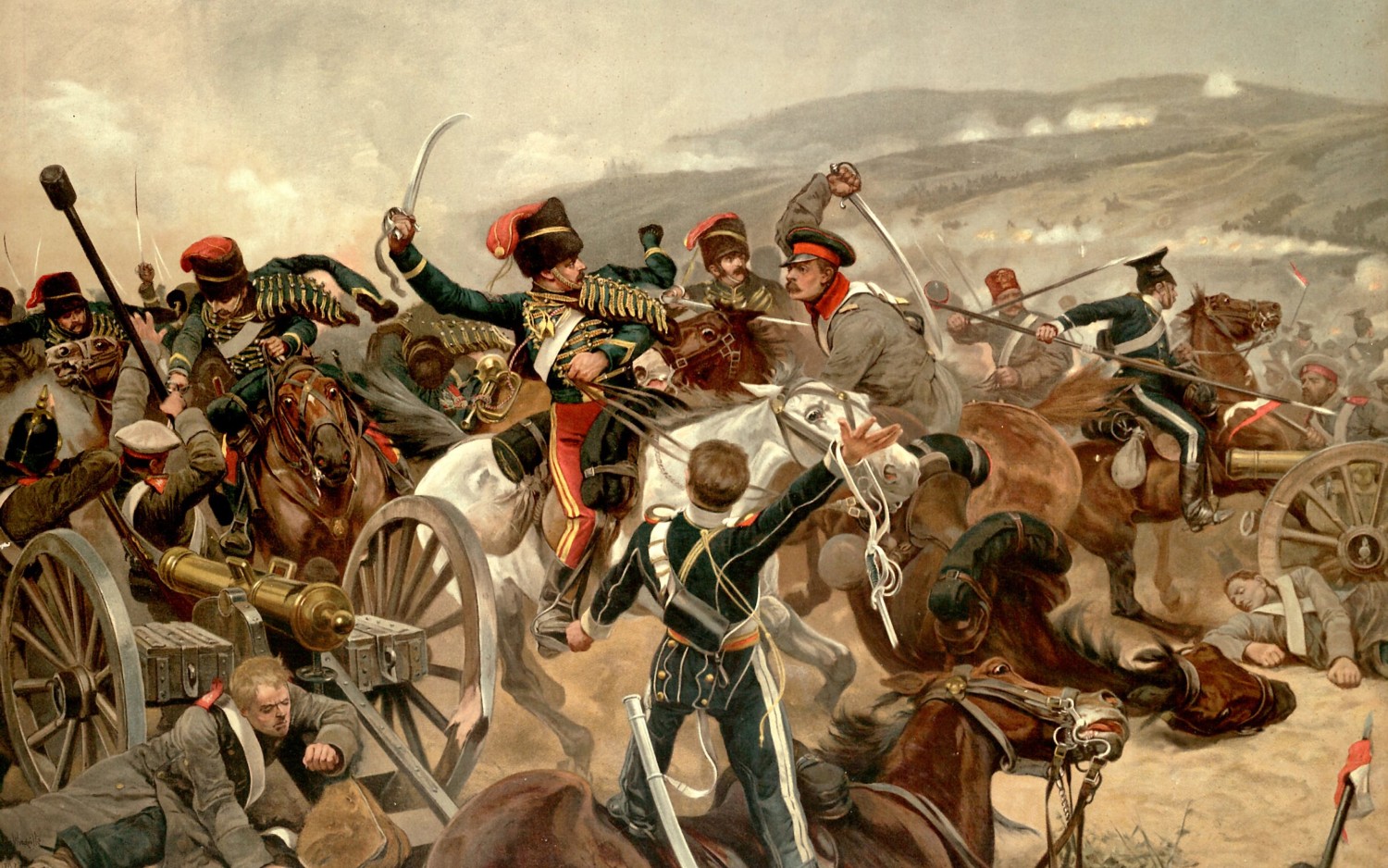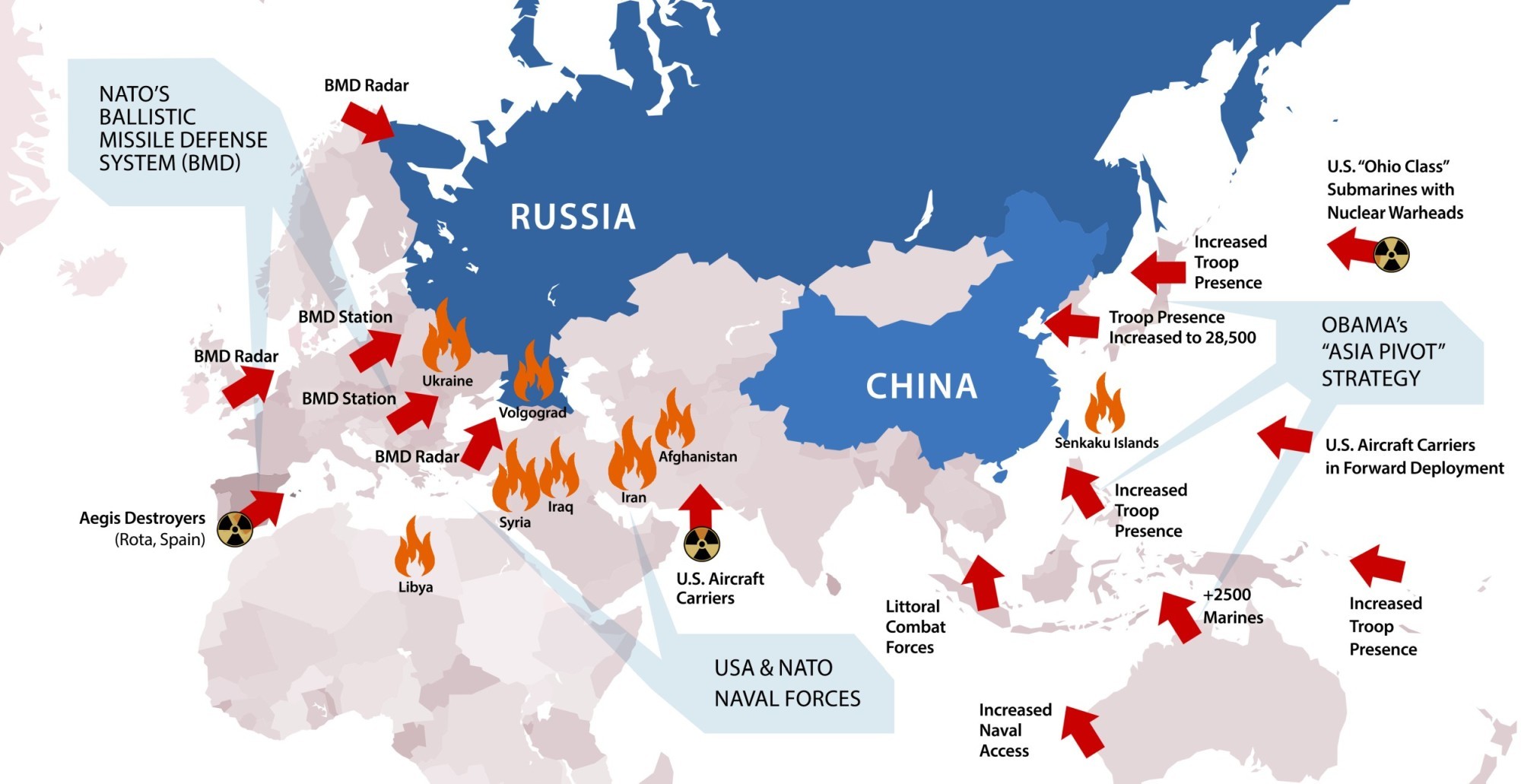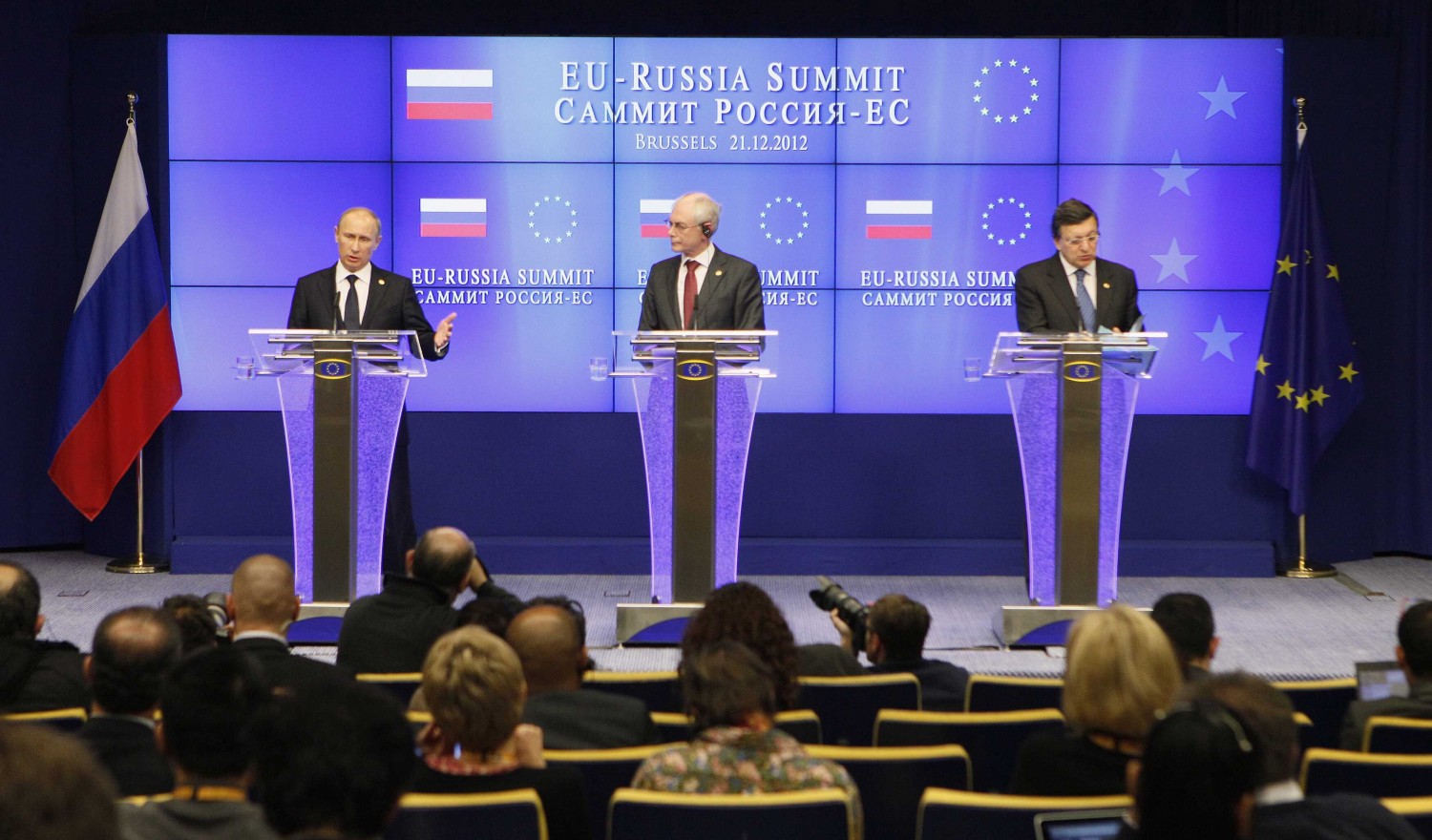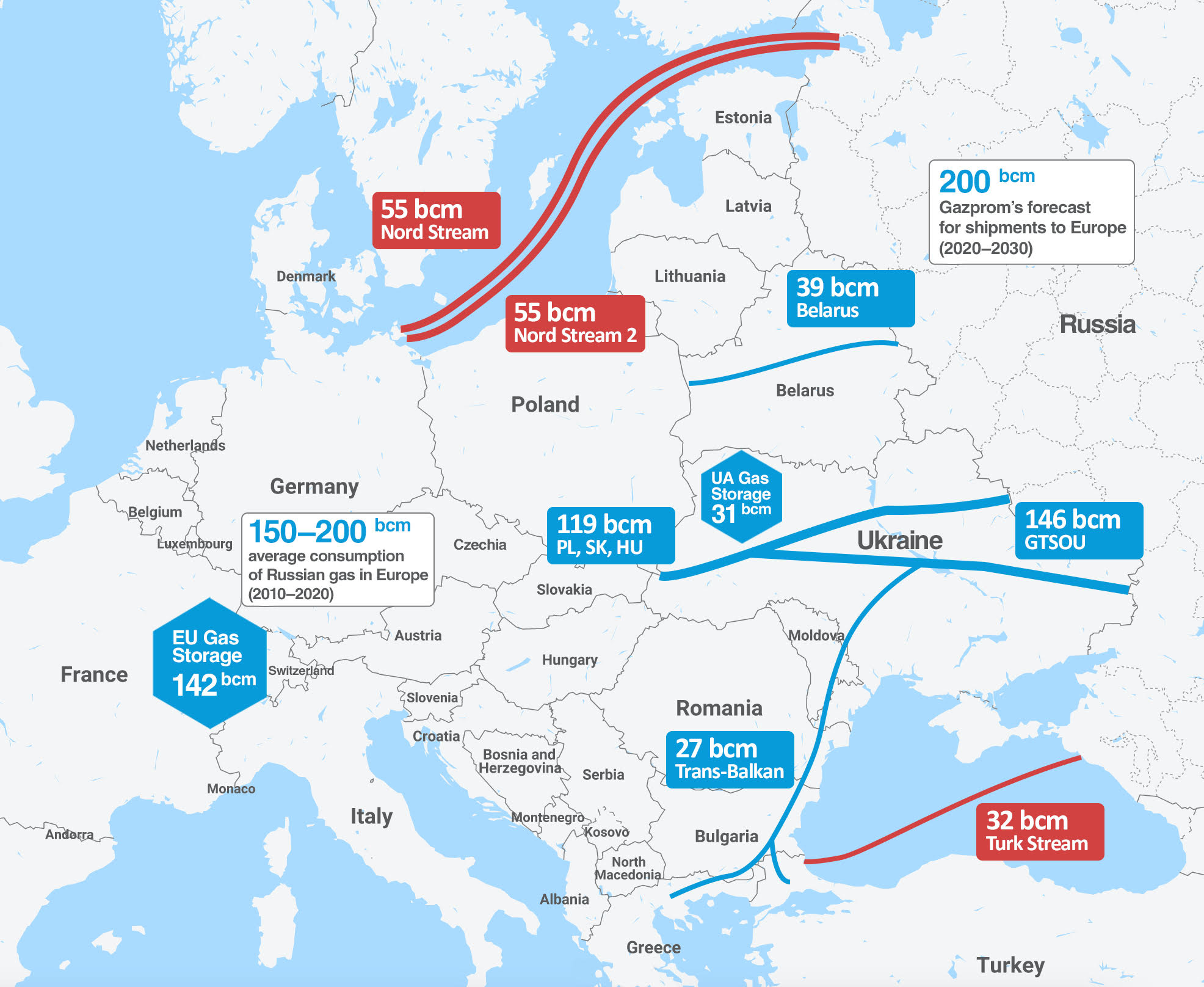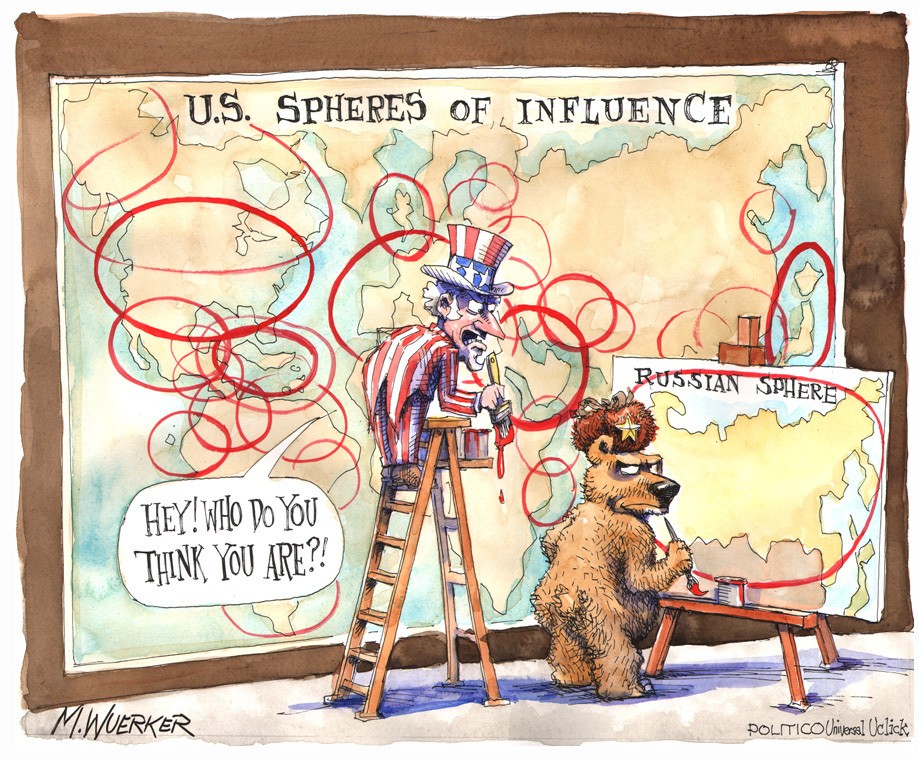New Cold War
Eurasia and the New Great Game
The New Cold War is a term describing post-Cold-War era of political and military tensions between the United States and China or Russia. In reality the New Cold War is an extension of the Cold War which never really ended. According to Christopher J. Fettweis said thatFor most of the century, the United States has deemed it a vital interest to prevent any power or group of powers from dominating the Eurasian landmass.Eurasia is one of the most important geopolitical concepts. It is the world's largest continent and most potential region in terms of economy and energy.
Who rules East Europe commands the Heartland; Who rules the Heartland commands the World Island; Who rules the World Island commands the World.
Halford John Mackinder was a strategist and realist who influenced later strategists like Nicholas J. Spykman and Zbigniew Brzezinski. Mackinder introduced The Geographical Pivot of History in which he outlined the importance of the regions in the world. Russia happens to be right at the center of the world's most potential region called the Heartland. Russia, one of the world's richest countries in raw materials, and China, a superpower, are located on this Eurasian continent.
How America "manages" Eurasia is critical. A power that dominates "Eurasia" would control two of the world's three most advanced and economically productive regions. A mere glance at the map also suggests that control over "Eurasia" would almost automatically entail Africa's subordination, rendering the Western Hemisphere and Oceania geopolitically peripheral to the world's central continent. About 75 per cent of the world's people live in "Eurasia", and most of the world's physical wealth is there as well, both in its enterprises and underneath its soil. "Eurasia" accounts for about three-fourths of the world's known energy resources.
Zbigniew Brzezinski was a very influential foreign policy advisor of the elite of the United States. He was also active in the Trilateral Commission, the Council on Foreign Relations and the Bilderberg Group which highly influenced US foreign policy. The Anglo-American power elite will do anything in their power to prevent Russia or China from making any kind of alliance while they themselves have of course set up all kinds of alliances against Russia and China. They have an economic and financial alliance in the form of a dominant Anglo-American banking cartel, a geopolitical alliance embodied in the European Union, and a military alliance in the form of NATO by which they dominate much of the world. The elite of the United States have been installing military bases all over the globe with each aggressive war they fought, particularly around Russia and China. It's all about power.
One of China's key objectives for supply security in recent years has been to develop closer ties with Russia and Central Asian energy producing countries, such as Kazakhstan and Turkmenistan. Chinese national oil companies (NOCs) have invested heavily in Central Asian energy producing states, and built multiple oil and gas pipelines to the western part of China.*
Projects like the Belt and Road Initiative, Shanghai Cooperation Organisation and the Eurasian Economic Union are not liked by the Anglo-American power elite, because they will make Russia and China more powerful. This also shows the hypocrisy of the western elite who propagandize "free trade" around the world, but in reality they want it only for themselves while denying others the same rights. It's part of their globalization.
The Great Game
The Great Game was a rivalry between the 19th-century British and Russian empires over influence in Central Asia, primarily in Afghanistan, Persia, and Tibet. The two colonial empires used military interventions and diplomatic negotiations to acquire and redefine territories in Central and South Asia.
There is a history of rivalry between western powers and Russia. Since the 19th century the western powers have mostly seen Russia as a threat to their power. An exception is the alliance during World War II, but that was only short-lived, because the Cold War started immediately afterwards. The Russian Empire has historically been a Eurasian mainland empire. For example the British Empire is known for its superior British Navy by which it conquered much of coastal lands around the globe and thus dominated half the globe. During the era of imperialism Western European powers used their naval power to conquer coastal lands. For example the Opium Wars show the historical power struggle between China and the British Empire.
The New Great Game
While few have noticed, Central Asia has again emerged as a murky battleground among big powers engaged in an old and rough geopolitical game. Western experts believe that the largely untapped oil and natural gas riches of the Caspian Sea countries could make that region the Persian Gulf of the next century. The object of the revived game is to befriend leaders of the former Soviet republics controlling the oil, while neutralizing Russian suspicions and devising secure alternative pipeline routes to world markets.*
Recently, China, Russia, and the United States have started to compete for influence in Central Asia. The Anglo-American Empire, in many ways an extension of the British Empire, is known for its many aggressive wars related to geopolitics. Most countries they invaded were no match for the dominant military power of the United States and its allies. But superpowers China and Russia are not that easily overpowered. Hence the New Great Game which is central to the current New Cold War which is basically an extension of the Cold War.
EU-Russia
Russia is the largest exporter of natural gas to Europe. A disruption of gas supply from Russia can cause huge damage to the European economy. ... The Russian gas industry depends on the European gas market because it is a main source of cash for Gazprom and correspondingly for investments in the Russian gas industry.*
After the collapse of the Soviet Union the relation between EU and Russia became very stable because of interdependance*, the EU needs Russian gas and Russia needs EU's money. But this slowly changed from 2005 onwards.
The conflict began when Russia claimed that Ukraine was not paying for gas and was diverting gas bound from Russia to the European Union from pipelines that crossed the country. Ukrainian officials at first denied the last accusation, but later Naftogaz admitted it used some gas intended for other European countries for domestic needs. The dispute peaked on January 1, 2006 when Russia cut off supply.
Ukraine's geographic position and proximity to Russia explain its importance as a natural gas and petroleum liquids transit country.* The main gas supply from Russia to Europe happens with a pipeline through Ukraine. But the Ukraine has a very unstable and corrupt government. After the Ukrainian government illegally tapped gas meant for Europe the relation between Russia and Ukraine deteriorated and Russia began working on alternative gaslines to Europe.
Nord Stream is a network of offshore natural gas pipelines which run under the Baltic Sea from Russia to Germany to provide Western Europe with natural gas. ... It was the first pipeline that bypassed Ukraine and Poland to deliver Russian natural gas directly to West Europe. ... The project Nord Stream 2 was opposed from the start by the United States, primarily because it would increase German dependence on Russian energy.*
The blocking of Nord Stream shows that the United States has overruling power in the European Union. The main reason for the US is that it will loose gas trade with the EU. As a reason for blocking Nord Stream the Anglo-American power elite on the other side of the Atlantic said that Europe is becoming too dependent on Russia which will result in rising tensions, but that is simply not true evidenced by the stable relationship between Russia and the EU before external problems occurred. The Anglo-American elite see EU-Russian interdependence as a threat to their own power and as everybody knows by now, they intervene in other parts of the world to their own benefit. Since the early 2010s relations started deteriorating even more between the EU and Russia...
U.S. Secretary of State Hillary Clinton sharply criticized Russia Thursday, saying it is trying to "re-Sovietize" Eastern Europe and Central Asia. ... Secretary Clinton criticized Russian efforts to create a Eurasian Union, saying it is really an effort to re-assert Soviet-era controls on the region. She said the United States is working "to slow down or prevent it."*
The typical Anti-Russian propaganda of the Anglo-American elite started flooding the world in order to undermine Russia's attempt to work together with the EU based on the interdependence which had worked well until the US started interfering through Ukraine for example.
In 1997 Zbigniew Brzezinski wrote...
Europe and Asia are politically and economically powerful... It follows that... American foreign policy must ... employ its influence in Eurasia in a manner that creates a stable continental equilibrium, with the United States as the political arbiter... Eurasia is thus the chessboard on which the struggle for global primacy continues to be played, and that struggle involves geo-strategy — the strategic management of geopolitical interests... But in the meantime it is imperative that no Eurasian challenger emerges, capable of dominating Eurasia and thus also of challenging America... For America the chief geopolitical prize is Eurasia ... and America's global primacy is directly dependent on how long and how effectively its preponderance on the Eurasian continent is sustained.
The transition of Afghanistan from a barrier separating rival empires to a bridgehead from which to further advance economic liberalization is key to maintaining US power. As Brzezinski indicated, 'the distribution of power on the Eurasian landmass will be of decisive importance to America's global primacy' (1997a, p. 51). This 'distribution of power' will favor those who dominate trade on the supercontinent. Striving to achieve US dominance over the process reconnecting Eurasia through Afghanistan and the Greater Central Asia region is a central component of this quest for power. The material reality is that the shortest routes between China and Europe, as well as between India and Russia, are via Afghanistan. As in previous imperial ages, the empire that achieves primacy is the one that, among other aspects of power, establishes itself as arbiter, builder, and protector of trade routes.
In the 1990s the Soviet Union fell apart while the Anglo-American Empire expanded by means of NATO expansion and EU expansion. Like Ukraine, Afghanistan is one of the many battle fields in this New Cold War. It was invaded by the Anglo-American elite under the umbrella of the so-called war on terror, terror created by itself, in order to maintain and expand its Anglo-American Empire.
